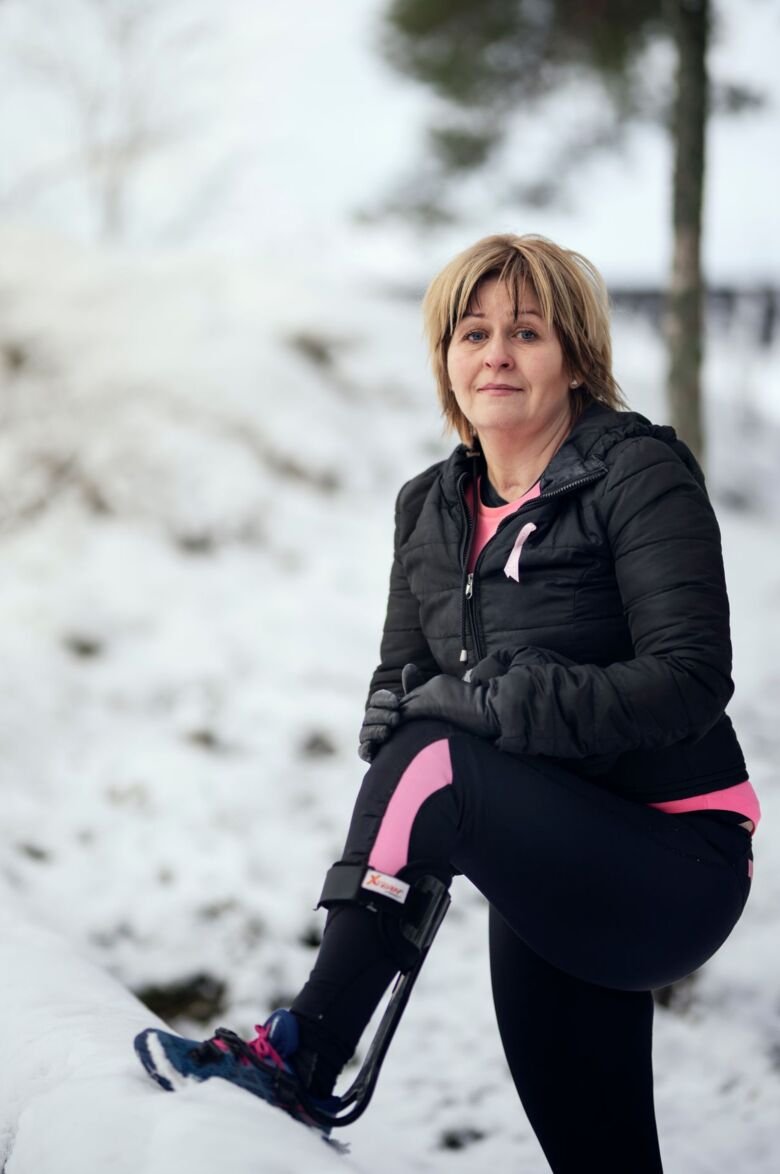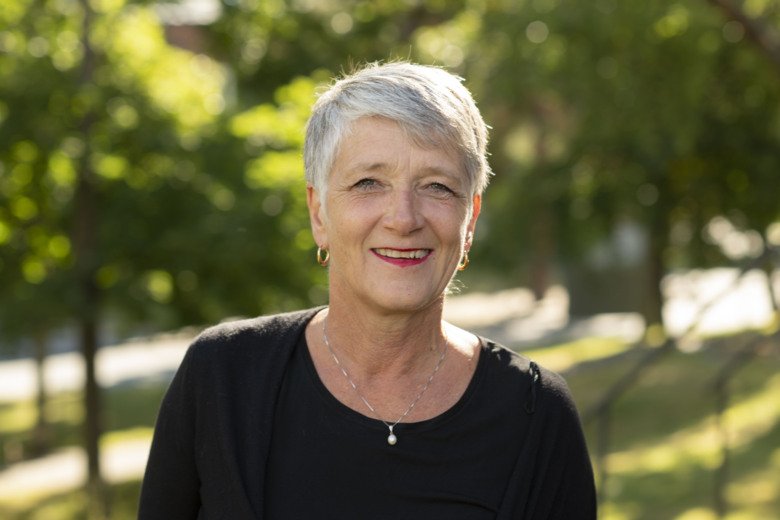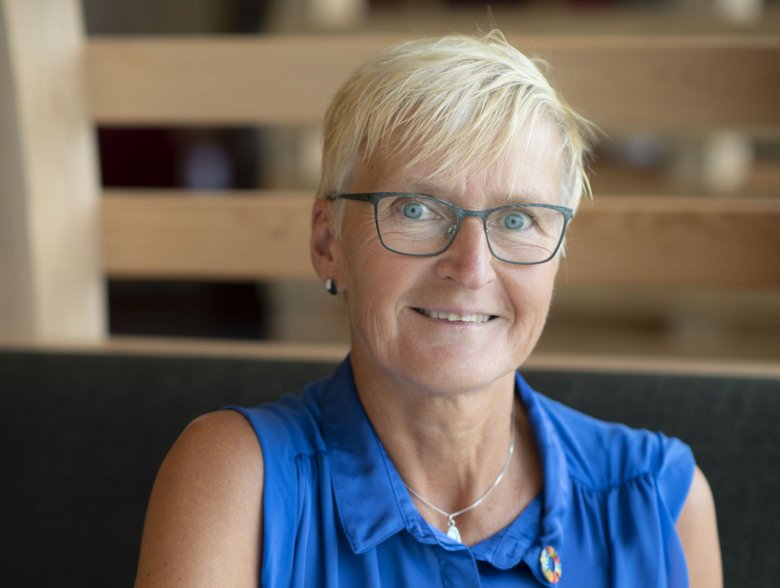“I call myself a professional stroke survivor”
Name: Anneli Torsfeldt Heikenborn.
Age: 49 years.
Occupation: Has written the book Strokesurvivor – vägen vidare efter stroke (Strokesurvivor — the way forward after a stroke). Previously worked in HR.

“I call myself a professional stroke survivor”
“When I was expecting my second child, I got high blood pressure and was put on half-day sick leave. I went in for frequent prenatal checks. But one day in December 2003, I suddenly collapsed over the breakfast table. After that, there’s a weeks-long hole in my memory.
I had acute preeclampsia with very high blood pressure, over 200 in overpressure. As a result, I had a haemorrhage in a vascular tangle in my brain, which I didn’t even know I had.
The doctors told my husband that our baby was going to die and that I was going to be ‘a vegetable’. They actually used that word. But our son, who is now 17 years old, is perfectly healthy and I am not a ‘vegetable’, whatever that means.
While I was still in my hospital bed, I decided to actively use things I learned as a behavioural scientist in my recovery, like how to achieve results by setting goals with milestones. One of my goals was to be able to walk and run again. I trained very hard, incredibly hard, to get there. I had good rehabilitation staff to support me. I also found support in visualisations, where I ‘saw’ myself running, and thus evoked the feeling of running in my body.
Less than a year after my stroke, I ran the Tjejmilen 10k race. My doctor called me ‘a miracle’.
But I never rejoined the labour force, although that was also a goal. I have chronic brain fatigue, and it limits me. I need to shield myself from impressions, but it doesn’t always work. Then I get very tired and exhausted. My blood pressure is fine now; that was pregnancy-related. The vascular tangle in my brain has been removed with a radiation knife.
I think I’ve been lucky. I call myself a professional stroke survivor. Since my stroke, it’s a full-time job for me to live, train and rest so that I don’t get worse. I also give lectures on life after stroke, both for people who have had a stroke themselves and for those who work with stroke patients.
You can’t go back to the way things were after a stroke. But you can move on. And you can have a good life.”
Text: Annika Lund, first published in Swedish in the magazine Medicinsk Vetenskap no 1/2021.
More reading on this topic
 Foto: ulf sirborn
Foto: ulf sirbornRehabilitation on the patient’s terms
Susanne Guidetti develops methods and interventions for rehabilitating people who have had a stroke and for supporting older people. Her interventions are based on person-centred care, digital support and activities where the individual’s own priorities are in focus.
 Foto: ulf sirborn
Foto: ulf sirbornUnderstanding and using physical activity for health
The health benefits of exercise are well known, but healthcare needs to become better at actually using physical activity as a treatment. This is the opinion of Maria Hagströmer, who is engaged in research concerning the relationship between physical activity and health.
